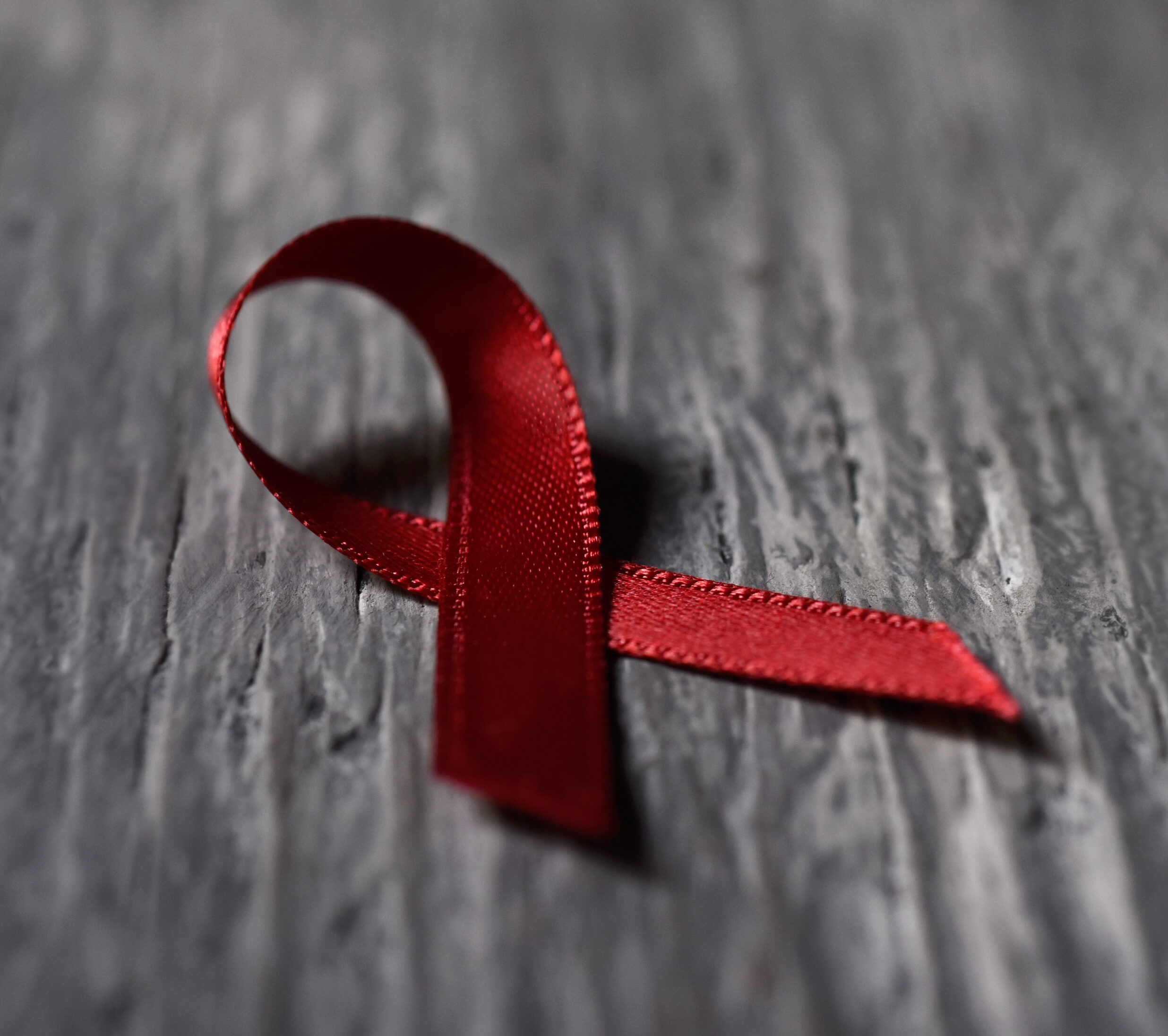Prof Barry Schoub spoke to the Association on Sunday 19th December 2021 on the subject of “The omicron variant – a South African perspective”
Watch a recording of the event here.
Barry David Schoub was born in Johannesburg and received his undergraduate MB BCh at University of the Witwatersrand, followed by postgraduate degrees MMed, MD, and DSc; FRC Path; FC Path (SA), FRSSAf and MASSAf (Elected member of the Academy of Science of South Africa). In 1977 he held a United States Public Health Service international postdoctoral fellowship and was the first recipient of the James Gear International Postdoctoral Fellowship. He was a Fogarty fellow at the National Institutes of Health in Bethesda, USA, until the latter part of 1978 when he was appointed as Professor and Head of the Department of Virology of the University of the Witwatersrand (at the age of 33). In 1982 he became the Director of the National Institute for Virology. In January 2002 he was appointed as founding Executive Director of the newly established National Institute for Communicable Diseases, retiring in August 2010.
He has been a member of a number of international bodies and has served as an advisor for several WHO programmes including polio, measles, RSV and influenza. He was a member of the Advisory Committee for Poliomyelitis Eradication [ACPE] of the World Health Organization and of the Board of the International Association of Public Health Institutes (IANPHI). He served on the Task Force for Immunization for WHO (AFRO) and was a member of the interim board of the International Society of Influenza and Respiratory Viruses.
He served as South Africa’s delegate to the International Union of Microbiological Societies, and was the founding Chairman of the National Advisory Group on Immunization of South Africa. He chaired the Scientific Advisory Panel and was vice-chairmen of the Board of Trustees of the Poliomyelitis Research Foundation. He served on the Scientific Advisory Committee of the South African AIDS Vaccine initiative, and was the International Scientific Advisory Committees of the 1990, 1996 and 1999 International Congresses of Virology and the 1996 and 1998 International AIDS Congresses. He has published over 290 scientific publications, 16 chapters in books and has written a book on HIV/AIDS, entitled “AIDS & HIV in Perspective”, published by Cambridge University Press now in its 2nd edition.
Amongst the awards he has received are the Paul Harris Fellowship Award of Rotary International; the Daubenton Prize of the University of the Witwatersrand – for the most outstanding Faculty Member of the year; the Order of Mapungubwe, the country’s highest honour, in recognition of invaluable contributions to medical science, virology and for services to the peoples of South Africa and internationally. He has life-time membership of the Federation of Infectious Diseases of Southern Africa in recognition of outstanding contribution to Virology, Public Health and Infectious diseases in South Africa and Internationally. In 2012 he received the Research Award of the Faculty of Health Sciences, University of the Witwatersrand, also the African Society for Laboratory Medicine Lifetime Achievement Award in recogntion of exceptional contributions to laboratory science which has made a major impact on public health and laboratory medicine worldwide. In the Jewish community he received the Jewish Achievers Award in the category Science, Arts, Culture and Sports, the Jewish Achievers Humanitarian Award, and the Samson-Kaplan Community Service award. In 2021 he was awarded the Gold Medal of the Academy of Science of South Africa.


